Keeping Exotic Animals as Pets Is a Dangerous and Unethical Practice: Here's Why
Published Feb. 8 2024, 4:21 p.m. ET
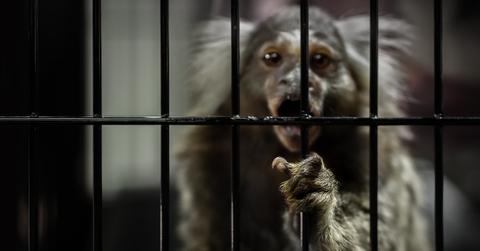
If your household is preparing to welcome a new furry friend, the first place you should look is an animal shelter. While Forbes confirms that dogs are the most popular pets in the U.S., with over 65 million households being dog parents, some people crave more exotic animal companions.
Should exotic animals be kept as pets? While not entirely illegal depending on the U.S. state, we unpack why the practice is not advisable and unethical.
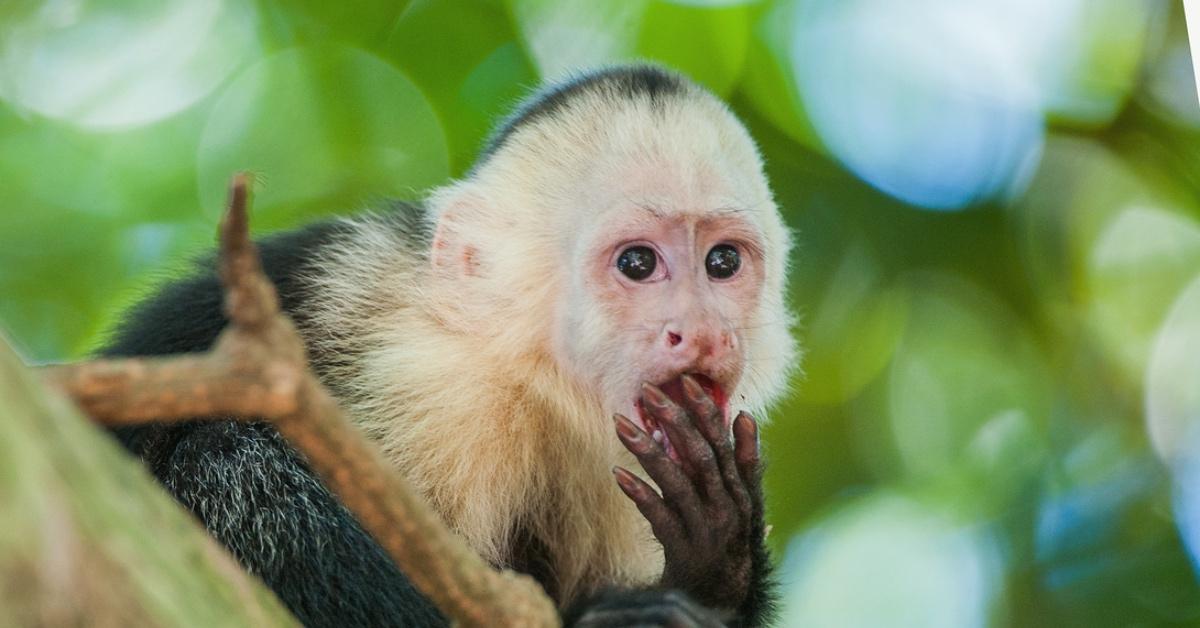
Should exotic animals be kept as pets?
The short answer is no; exotic animals should not be kept as pets. No matter how cute a baby raccoon is or how soft tigers look, animals that haven't been domesticated do not belong in your home. Exotic animals should not be kept as pets for several important reasons, including dangers to animal welfare, human health, and expenses.
Having exotic animals poses a danger to the animals themselves.
When you see an exotic animal for sale, you probably don't question how they got there. The truth is, the poor creature was likely kidnapped from the wild.
The Not a Pet campaign is a collaboration between The Association of Zoos & Aquariums (AZA), the Wildlife Tracking Alliance, and the International Fund for Animal Welfare to draw attention to the exotic pet trade and emphasize how dangerous it is for the animals involved.
According to estimates provided by Not a Pet, for every baby chimpanzee that becomes an exotic pet, 10 are killed in the process. Creatures "in demand" by exotic pet traders, such as marmosets, Capuchin monkeys, and Hyacinth macaws, are taken from their homes in the wild and transported, often kept in tiny cages to make it to exotic pet traders or stores.
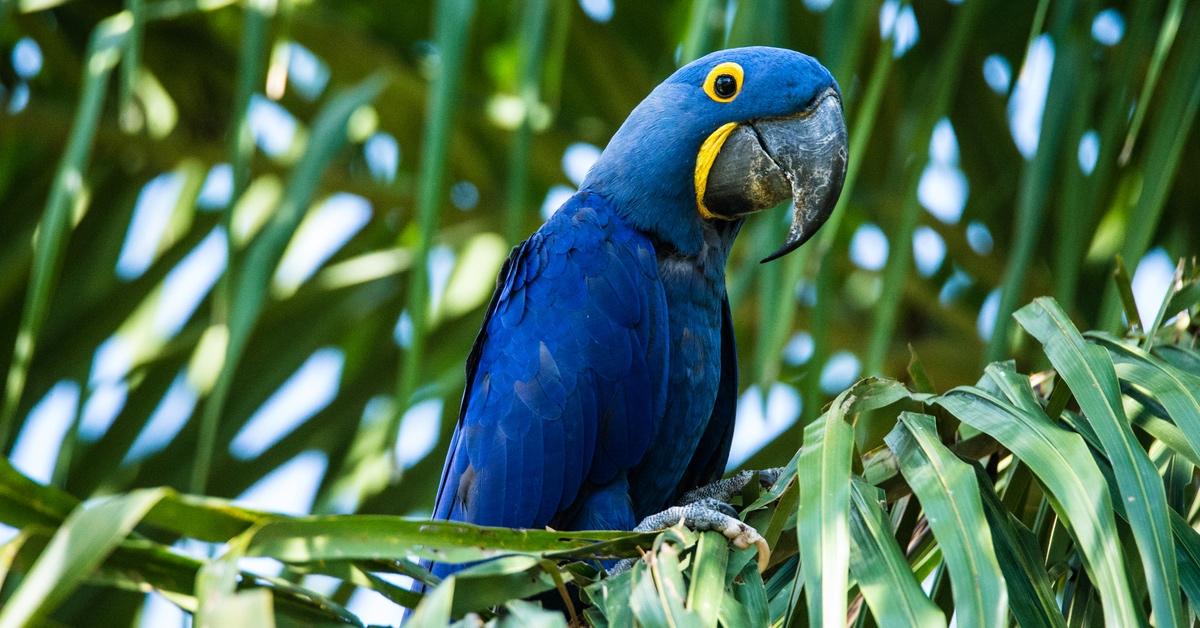
Exotic animals as pets present dangers to human health.
If you have an exotic animal as a pet, you could run the risk of a zoonotic disease. Zoonotic diseases are caused by germs that can pass from animals to humans. The Centers for Disease Control and Prevention (CDC) reports that animals can spread six out of every 10 known infectious diseases.
There are many zoonotic diseases you've probably heard of before, including SARS, rabies, cat scratch fever, and COVID-19.
It's extremely easy to pass germs between animals and humans. The CDC notes a few ways this can happen, including:
- Eating contaminated food
- Coming into contact with the saliva, feces, blood or mucus of an infected animal
- Touching a contaminated item, like an aquarium or a food dish
- Coming into contact with contaminated water.
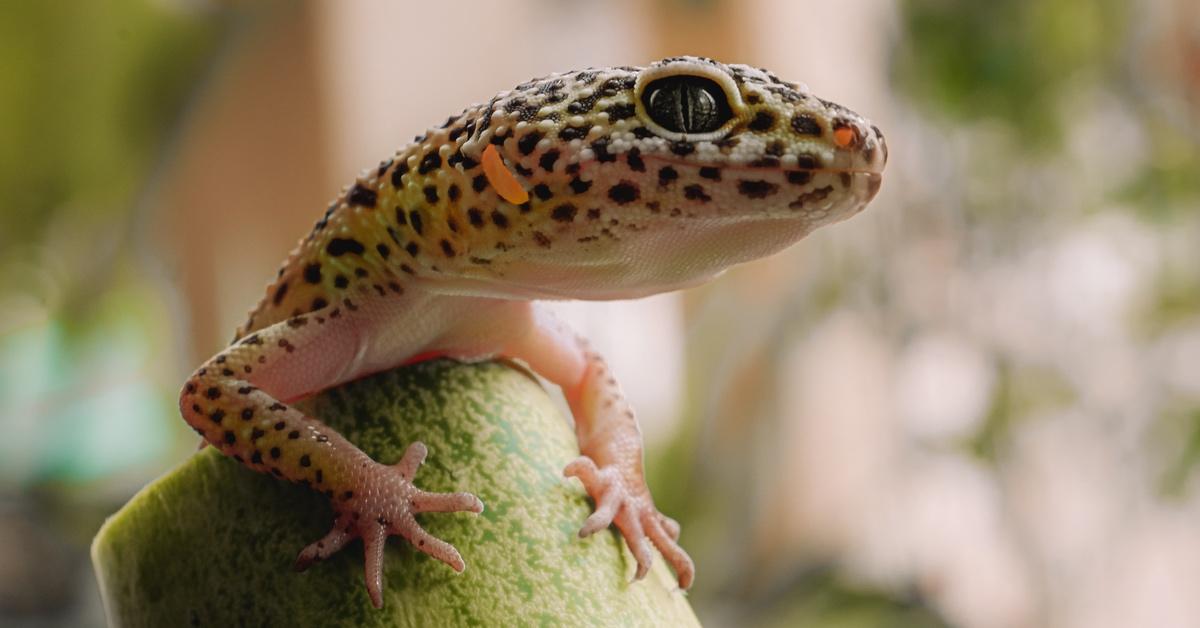
Exotic animals as pets is an expensive endeavor.
Even if you have good intentions, it's expensive to maintain exotic animals as pets. According to Country Vet Clinic, there are many factors you have to consider with exotic pets, including:
- Specialized diets
- Unique or custom-made caging
- Specialized vet care.
Associate clinical professor at Texas A&M College of Veterinary Medicine & Biomedical Sciences Shannon Hoppes echoed this sentiment, explaining that costs can also be dependent on species.
"A rabbit cage, enrichment, and diet are not that much more or less than a dog, but a large parrot will need a large cage which can be $500-$1000," she stated. "Veterinary care for exotic pets is also high, a healthy bird exam can be several hundred dollars, and a sick bird exam can be $1,000. Most exotic pets have to be sedated or anesthetized for any handling, so even a physical exam with anesthesia and monitoring can be expensive."
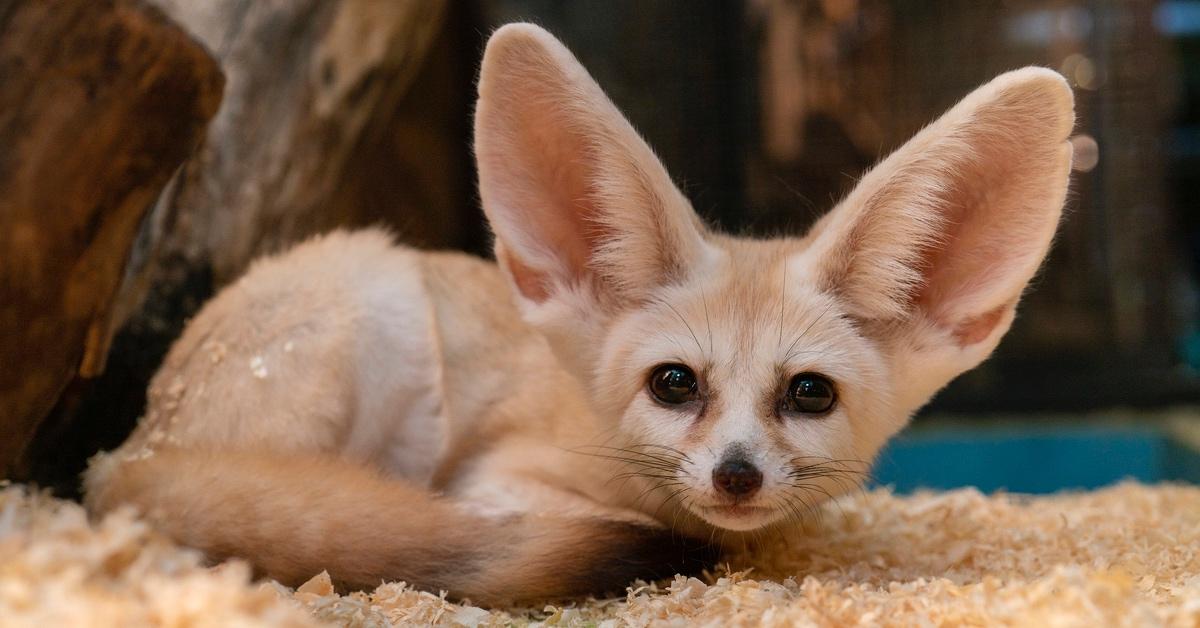
What states have exotic animal bans?
According to Michigan State University, 20 states have "comprehensive bans" on keeping exotic animals as pets. The animals typically included in "comprehensive bans" are big cats, reptiles, non-domesticated carnivores, and non-human primates.
There are also 13 states with partial bans on exotic pets, meaning only specific exotic animals are allowed to be kept as pets.
Fourteen states allow private ownership of exotic animals with a license or permit, and three states have no regulations regarding exotic pets but may require a health certificate.
Overall, it's better to leave exotic animals where they belong — safely in the wild.